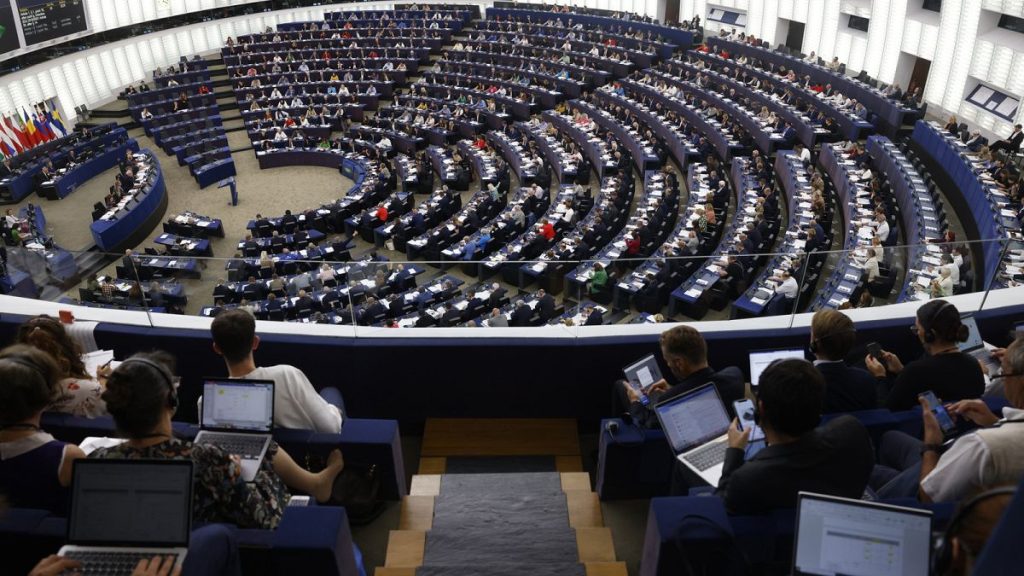The European Parliament is investigating allegations that some of its members were paid by a Russian propaganda network, as confirmed by its press services. This comes following Czech authorities unveiling an operation where Russia approached EU lawmakers to promote propaganda in Europe. The Parliament is working with its partners to address these claims, which have been described as a “clear attack” on its democratic mandate. Renew Europe leader Valérie Hayer has called for the exposure of any MEPs who have taken money from the Russian government or their proxies as EU elections approach, amidst concerns of Russian interference in the democratic process.
Belgian Prime Minister Alexander De Croo revealed that Belgian intelligence services were made aware of the allegations regarding MEPs by the Czech secret services. Reports suggest politicians from Germany, France, Poland, Belgium, the Netherlands, and Hungary may be involved. The operation was centred around the news company Voice of Europe, which has been sanctioned by the Czech Republic, along with pro-Kremlin Ukrainian politician Viktor Medvedchuk. Czech Prime Minister Petr Fiala stated that the aim of the operation was to destabilise Europe, leading to other European countries launching investigations with Poland’s Internal Security Agency carrying out searches as part of a coordinated effort.
European Commission vice-president Věra Jourová, speaking from New York, warned that more accusations could emerge as a result of the Polish investigation. She accused Putin of using “dodgy outlets” to influence European affairs, calling out domestic parties as his mouthpiece. Voice of Europe, the company at the centre of the controversy, claims to provide “uncensored news from Europe and the world” but has been linked to spreading propaganda aimed at undermining the sovereignty of Ukraine. The company’s website has been inactive since Wednesday, while its social media accounts show connections to sitting MEPs primarily from far-right groups.
Renew Europe’s Valérie Hayer has called for Voice of Europe’s access to the European Parliament to be suspended, and for EU-wide sanctions to be imposed on the company in line with the Czech Republic. The involvement of MEPs in promoting Russian propaganda raises concerns as EU elections approach. The Parliament is under pressure to address the situation and ensure transparency regarding any potential corruption or ties to the Russian government among its members. The investigation highlights the threats posed by foreign interference and the importance of safeguarding the integrity of the democratic process in Europe.
The allegations of MEPs being paid by a Russian propaganda network have raised significant concerns within the European Parliament. The operation involving Voice of Europe and pro-Kremlin figures has led to calls for stricter measures to prevent such manipulation and influence over European lawmakers. The involvement of multiple countries in investigating these claims reflects the seriousness of the situation and the need for coordinated action to counter foreign interference. With EU elections on the horizon, ensuring the integrity of the democratic process becomes paramount in light of these revelations.
The European Parliament is facing a potential crisis as it grapples with the fallout from the allegations of Russian influence on its members. The exposure of MEPs accepting payments to promote propaganda raises questions about the credibility and integrity of the institution as a whole. The response from various European countries and the European Commission underscores the gravity of the situation and the need for decisive action to address any corruption or foreign meddling. As investigations continue and more information comes to light, the European Parliament must take steps to safeguard itself against such threats and ensure that its members uphold their democratic mandate without outside influence.


